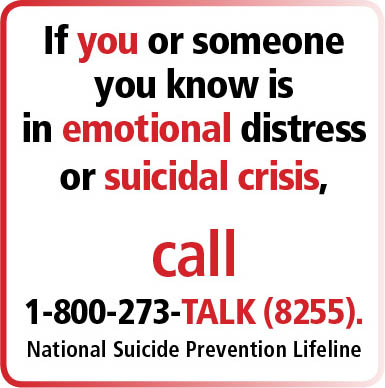There are things we can do to feel better.
Understanding if your feelings are signs of depression or short lived feelings caused by a challenge such as a job loss, an illness or the death of a loved one is not always easy. Your first step to feeling better may be making an appointment to speak with your doctor. Just like high blood pressure, depression is a health problem that primary care doctors are trained to help patients manage. But you can also talk to another doctor, like your obstetrician/gynecologist (OB/GYN), about your feelings. All doctors are trained to help you understand your feelings and guide you on a path to feeling better.
It’s a good idea to plan ahead for your visit with a doctor. Be honest, and talk about:
- Your feelings: what types of feelings, when they happen, what tends to happen to “trigger” these feelings
- Any thoughts of suicide
- Physical health problems – problems sleeping, feeling tired all the time, aches and pains
- Medication use
- Use of alcohol and/or other drugs
- Family history
To get ready for your visit to the doctor, download and fill out this form -
Be sure to read On the Road to Living Well for additional tips on taking charge, how to get help and how to talk to a doctor.
Treating Minor Depression
Minor depression can be treated by talking to a doctor or therapist and working on a self-care plan. Some people will also need to take medications to treat their depression.
A good self-care plan includes these healthy habits…
- Do something physically active each day
- Eat three healthy, well-balanced meals a day / drink plenty of water
- Go to bed at a regular time and get enough sleep
- Practice relaxing
- Stop negative thoughts – practice positive self-talk
- Spend time with people who can support you
- Make time for the things you enjoy
Depression can make it hard to stay motivated or remember to do some of the things that make you feel good. So it’s a good idea to take small steps – start with one or two healthy habits and write weekly goals to help keep you on track and feel better.
Many people also find it helpful to keep a journal of their thoughts and feelings. Putting your feelings into writing is a good way to:
- express your feelings;
- look for things that “trigger” feelings related to your depression, and;
- track how healthy habits like walking help to boost your mood.



